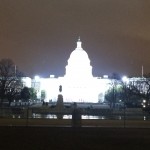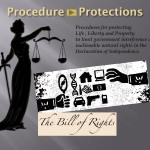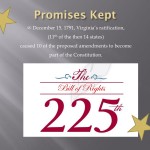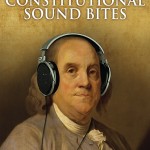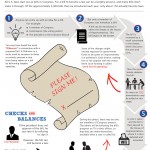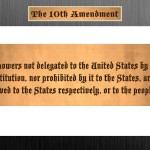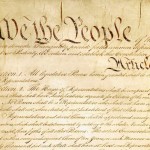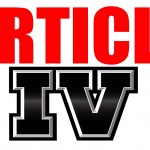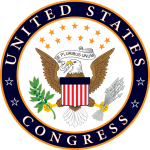All legislative Powers herein granted shall be vested in a Congress of the United States, which shall consist of a Senate and House of Representatives. This is the first sentence of the Constitution. It appears quite simple. The power to enact laws about the subjects listed in the Constitution is granted to the Congress, and the […]
The Constitution, Art. I Section 1: All Legislative Power Granted to the Congress
The 225th Anniversary of the Bill of Rights, Part II
When reflecting on the first ten amendments to the American Constitution, or the Bill of Rights, focus is often on the great freedoms of religion, speech, press and the right to bear arms. The Bill of Rights became 225 years old on December 15, 2016. With that in mind, it is worth a moment to […]
The 225th Anniversary of the Bill of Rights, Part I
December 15, 2016 was the 225th anniversary of one of the great achievements in the history of mankind: affirmation of the inalienable rights of man and specific limits on the power of government to interfere with the rights we are all born with under the laws of nature and nature’s God. These rights were affirmed […]
Constitutional Sound Bites for the Ear and On the Air
Different people learn in different ways. Many like to listen or watch video rather than simply read. This page features constitutional concepts for the ear, and interviews with constitutional stories and the background of the books Constitutional Sound Bites and Cápsulas Informativas Constitucionales. Both the English edition and the Spanish edition in print and as Kindle eBooks are […]
How A Bill Becomes a Law: Article I, Section 7 of the Constitution
The Constitution’s Article I, Section 7 defines the process by which the federal government passes laws. Section 7 opens with the Origination Clause which requires “Bills for raising Revenue” to originate in the House of Representatives. The second clause and third clauses are known as both the “Presentment Clause” and “Lawmaking Clause”. The Presentment Clause is […]
Tenth Amendment and Nursing Equals The Most Respected Profession
The United States Constitution has many 21st century impacts on our daily lives that are almost never thought about. At a time of growing federal regulation of our lives, there remain areas of life where the 10th Amendment, reserving power to the states is alive and well. The nursing profession is among them. Due to […]
Treason: The Only Crime Defined in the US Constitution
The commitment of America’s Founders to the rule of law appears in many elements of the Constitution. The fact that Treason is the only crime defined[1] in the Constitution is among those elements. Article III, Section 3 provides that: “Treason against the United States, shall consist only in levying War against them, or in adhering […]
Understanding the US Constitution’s Preamble
“We the People of the United States, in Order to form a more perfect Union, establish Justice, insure domestic Tranquility, provide for the common defense, promote the general Welfare, and secure the Blessings of Liberty to ourselves and our Posterity, do ordain and establish this Constitution for the United States of America.” The Preamble has […]
Why the United States was Designed as a Republic
Ben Franklin famously replied when asked about the government that was created by the Constitution: “A republic, if you can keep it.” “Democracy ” Not In Any Founding Document The US is a Constitutional Republic, not a “democracy.” No American founding document, not the Declaration of Independence, the Articles of Confederation, or the Constitution mentions […]
Checks and Balances, Protecting Liberty Beyond Separation of Powers
The Founding Fathers were extremely suspicious of the concentration of government power in a single person or small group of people. To protect against concentrated power they designed the Constitution to separate the powers of government into three branches: legislative, executive and judicial, and divided sovereignty between the federal government and the states. For the […]
